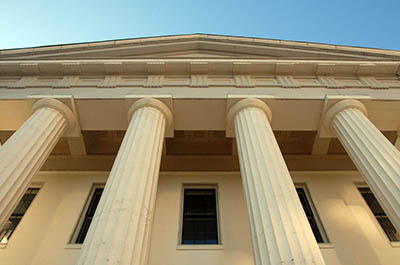Emails, text messages and other written communications sent to or from a public official's private account may be subject to disclosure under the California Public Records Act (CPRA), the California Supreme Court ruled unanimously in a highly anticipated decision published on March 2, 2017.
Under new leadership following the 2016 presidential election, the United States Department of Justice (DOJ) and Department of Education (DOE) issued a joint "Dear Colleague" letter on February 22, 2017 withdrawing the Obama administration's May 2016 letter and guidance regarding transgender st
In September 2015, Governor Jerry Brown signed into law Senate Bill (SB) 415. SB 415, which becomes operative on January 1, 2018, prohibits political subdivisions from holding odd-year regular elections if a prior odd-year election resulted in a "significant decrease in voter turnout," as defined by statute.
The Second District Court of Appeal has rejected arguments that sought to bar the University of California (UC) from making certain financial aid programs available to undocumented students.
In the wake of the recent presidential election, changes in immigration law and enforcement may be on the horizon.
The California Supreme Court has ruled that invoices from a public agency's legal counsel are subject to disclosure under the California Public Records Act (CPRA), with limited exceptions. Invoices for work in pending and active legal matters may generally be shielded from disclosure under the attorney-client privilege.







